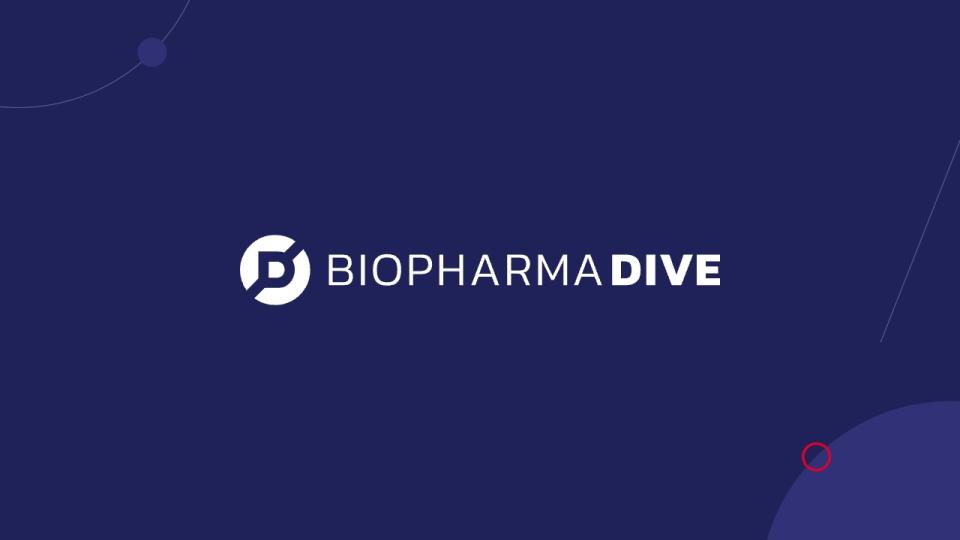GSK drug meets goal in late-stage gonorrhea study

Dive Brief:
GSK said Monday that its oral antibiotic succeeded in a late-stage trial in gonorrhea, proving to be as effective as an existing treatment for the infection.
According to GSK, the drug, known as gepotidacin, was non-inferior to a commonly used regimen consisting of the injectable drug ceftriaxone and the pill azithromycin. The summary results were observed on a test given three to seven days after treatment. Safety was “consistent” with what was seen in earlier testing, the company said. It didn’t provide details.
GSK’s treatment has previously succeeded in a pair of late-stage studies for urinary tract infections. Positive results were initially disclosed in 2022 and published in The Lancet this month. GSK plans to seek approvals in gonorrhea as well as UTIs later this year.
Dive Insight:
While treatments are available for gonorrhea, a sexually transmitted bacterial infection, cases are rising. Data from the Centers for Disease Control and Prevention show that infections in the U.S. increased by 118% between 2009 and 2021.
The bacteria that causes the infection is also becoming resistant to available medicines, creating a need for newer therapies. The World Health Organization has said that antimicrobial resistance in gonorrhea has “increased rapidly” in recent years.
Gepotidacin could become one answer to the problem. The drug is one of several GSK has been developing to combat antimicrobial resistance, and its development was aided by funding from the U.S. government.
Gepotidacin is a first-of-its-kind antibiotic designed to block the replication of bacterial DNA. It has already shown promise in testing, having succeeded in a pair of studies in uncomplicated urinary tract infections. If approved, it could be the first new antibiotic for those infections in more than 20 years.
The study in gonorrhea compared gepotidacin to ceftriaxone and azithromycin in about 600 people with uncomplicated urogenital gonorrhea caused by a type of bacteria known as Neisseria gonorrhoeae. Its goal was to prove “non-inferior” in the study.
GSK said the drug met that mark, though the press release didn’t provide specifics. The results will be disclosed at an upcoming medical meeting, the company said.
“These positive headline results demonstrate the potential for gepotidacin to provide a novel oral treatment option in the face of rising resistance and for patients who cannot take other treatments due to allergies or intolerance,” Chris Corsico, senior vice president of development at GSK, said in a statement.
The British drugmaker originally planned to seek clearance of gepotidacinin the first half of 2023, but has since pushed its timeline back and now expects an approval decision in 2025.
This story was originally published on BioPharma Dive. To receive daily news and insights, subscribe to our free daily BioPharma Dive newsletter.
